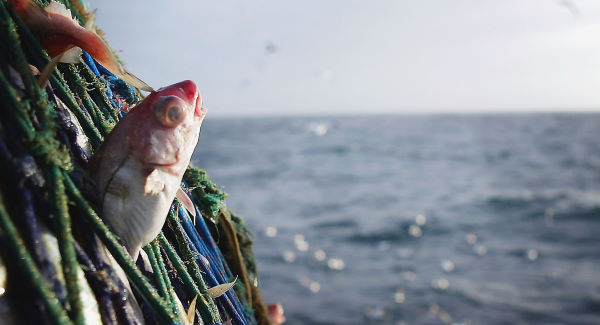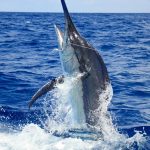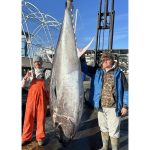Article Courtesy: irishexaminer.com | By: Ann Cahill | Originally Published: 10/13/2015 | Please click here for original article.
Fishermen will have to land almost all they catch whether it is part of their quota or undersized, as part of phase two of the new EU fish policy that comes into effect from January.
Irish fishermen say it is a recipe for disaster and the first phase, introduced last January for certain types of fish, is producing chaos.
The previous policy saw an estimated one of every dozen fish caught thrown back into the sea because they were forbidden to be caught in a particular area of the sea at a certain time.
This effort to restrict the amount and types of fish being taken out of the sea in a bid to reverse the disastrous effects of overfishing was judged to have largely failed and placed a huge burden on the industry.
The new policy requires that fishermen land all their catch and have it deducted from the national quota they are allowed for the year while they are not paid for undersize fish.
Since January the new policy has been in operation for pelagic and industrial fisheries in all EU waters. It encompasses herring, whiting, tuna, borefish, sardines, and bluefin tuna.
In the new year it will be extended to demersal fish that are the bedrock of the Irish fishing industry — haddock in the north-west and Irish Sea, whiting in the Celtic Sea, prawns that are the mainstay of the business in all areas, and also hake, plaice, and sole.
Fisheries commissioner Carmen Vella, announcing the extension, said: “These plans are a major step forward as the fisheries concerned are very significant. Landing what is caught is a start — but more importantly, perhaps, these plans should lead to more selective fishing, which will help stocks recover and ensure a stable income for our fishermen.”
Sean O’Donoghue of the Federation of Irish Fishermen does not share her optimism, decrying the whole scheme as “just a mess”.
Part of the problem is that Irish fisheries have a big mix of species, making it difficult to catch just one or two kinds of fish. The industry offered advice on how best to manage this, but those devising the new rules failed to take their advice, he said.
The fishermen advised that the landing obligations should be based on a real-time basis but the EU decided it should be on a historical basis, he said.
“This is going to cause chaos and no one knows how it is going to work — it could result in closing down fisheries. No one wants to take responsibility for this — if you land it who is going to look after it? It is a flawed approach,” Mr O’Donoghue said.
About a quarter of prawns are still alive when landed and could be thrown back into the sea to continue to grow, but, under the new rules, they will all have to be landed which means even more will be caught.
He fears fishermen will run out of quota because of ‘choke species’ — whereby a mixed fishery that takes in cod, haddock, and whiting can no longer fish for any of them once they reach their quota for one.
The commission points out there will be two limited exceptions — for fisheries where it is very difficult to be more selective in the type of fish that is caught; and species that have a high chance of surviving can be thrown back.
Mr O’Donoghue believes not everyone is abiding by the same rules. While the Irish fleet must land all they catch, the Norwegians and Faroe boats appear to have different rules, he claimed.






